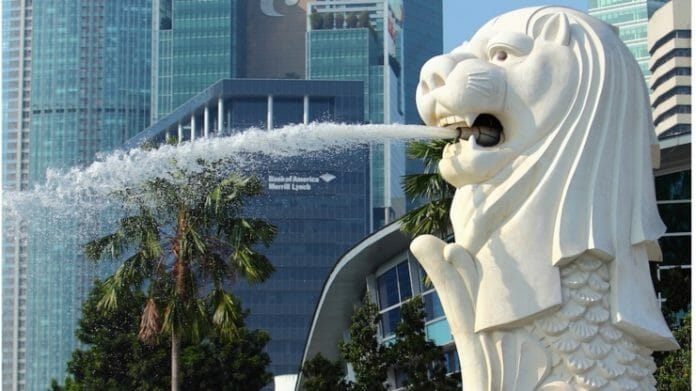Singapore’s core inflation in June hit its highest level since November 2008, with stronger price increases across most categories such as services, food, retail, as well as electricity, and gas.
Core inflation, which excludes accommodation and private transport costs, came in at 4.4 per cent year-on-year in June, up from 3.6 per cent in May, official data released on Monday (Jul 25) showed.
The last time Singapore reported higher year-on-year growth was in November 2008, when core inflation was 5.5 per cent.
The headline consumer price index, or overall inflation, rose to 6.7 per cent year-on-year in June, surpassing the 5.6 per cent reported in May.
Food inflation hit 5.4 per cent in June compared to 4.5 per cent in May as a result of larger increases in the prices of both food services and non-cooked food, said the Monetary Authority of Singapore (MAS) and the Ministry of Trade and Industry (MTI) in a joint media release.
Inflation for retail and other goods also picked up, coming in at 3.1 per cent in June from 1.8 per cent in May, as the cost of medicines and health products rose, and the price of clothing and footwear recorded a steeper increase.
Electricity and gas prices edged up, with inflation at 20 per cent in June compared to 19.9 per cent in May as the average prices of electricity plans offered by Open Electricity Market (OEM) retailers rose at a faster pace, said MAS and MTI.
Services inflation rose to 3.4 per cent from 2.6 per cent in May due to a faster pace of increase in the costs of holiday expenses and point-to-point transport services, as well as airfares.
Accommodation inflation rose 0.2 per cent to hit 4.2 per cent in June due to a larger increase in housing rents.
Private transport inflation jumped to 21.9 per cent from 18.5 per cent in May amid rising car prices and petrol costs.
MAS said in its annual report earlier this month that core inflation is projected to increase to a peak of 4 to 4.5 per cent in the third quarter, before easing towards the end of this year at around 3.5 to 4 per cent.









